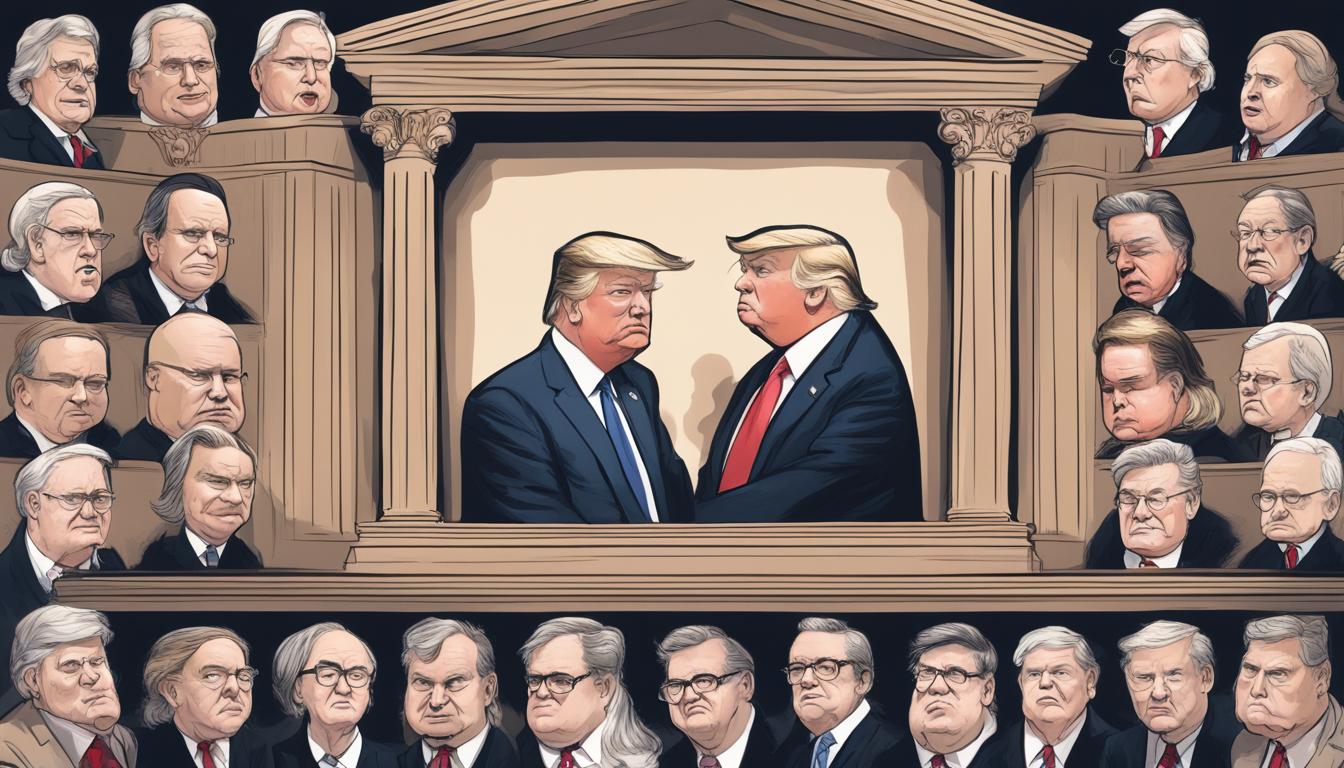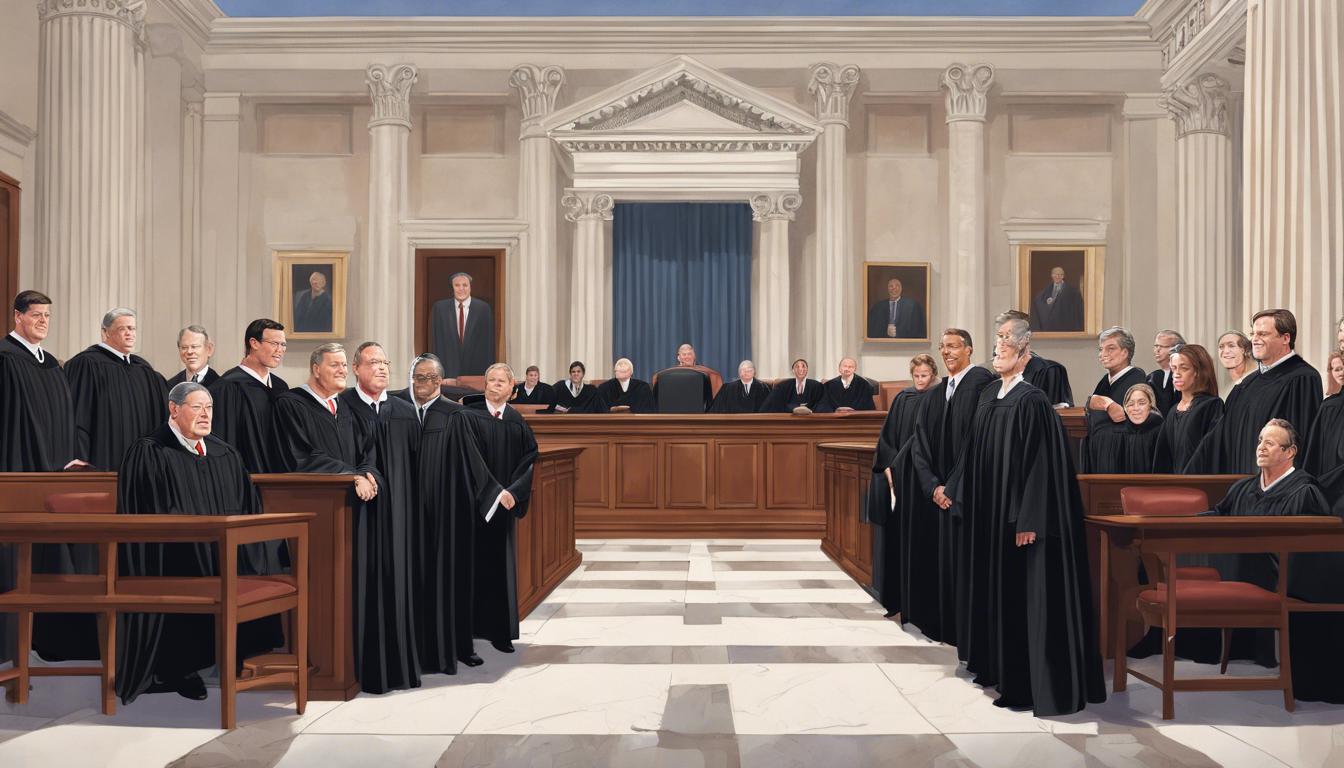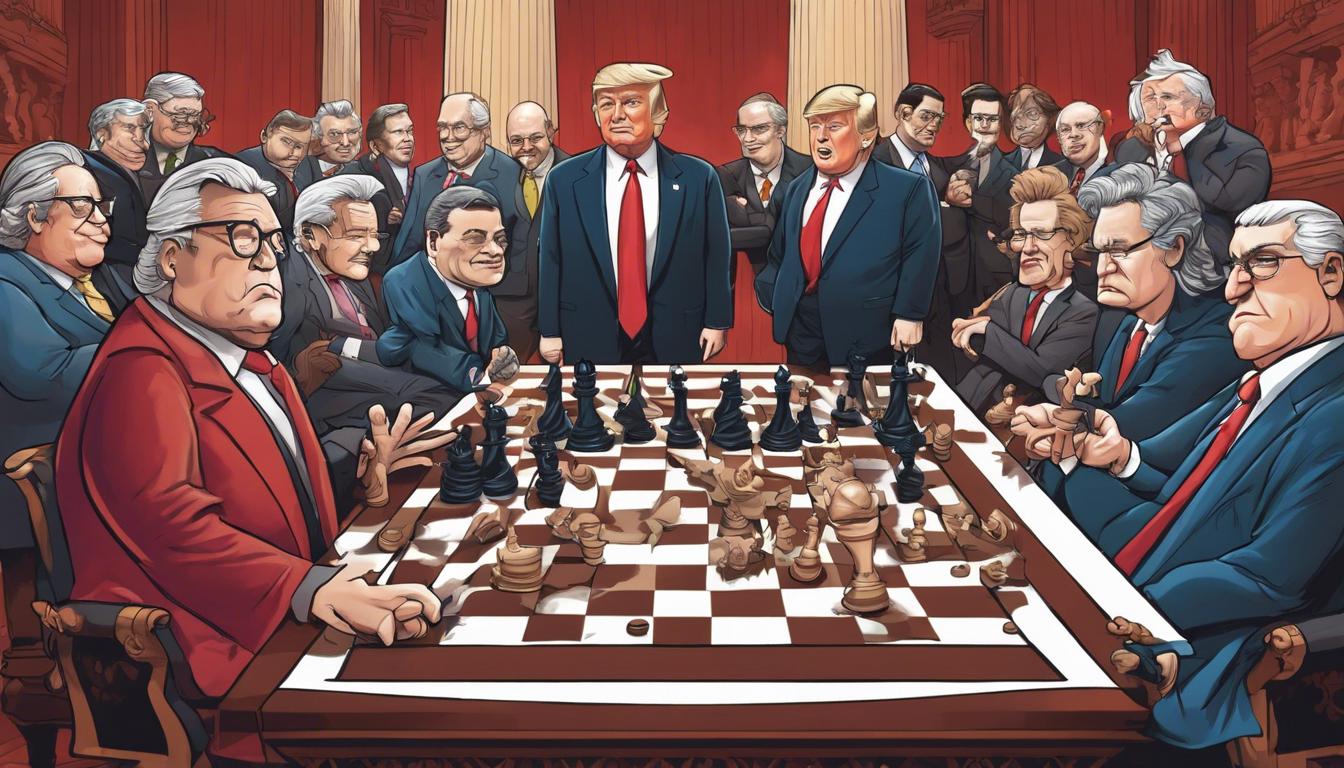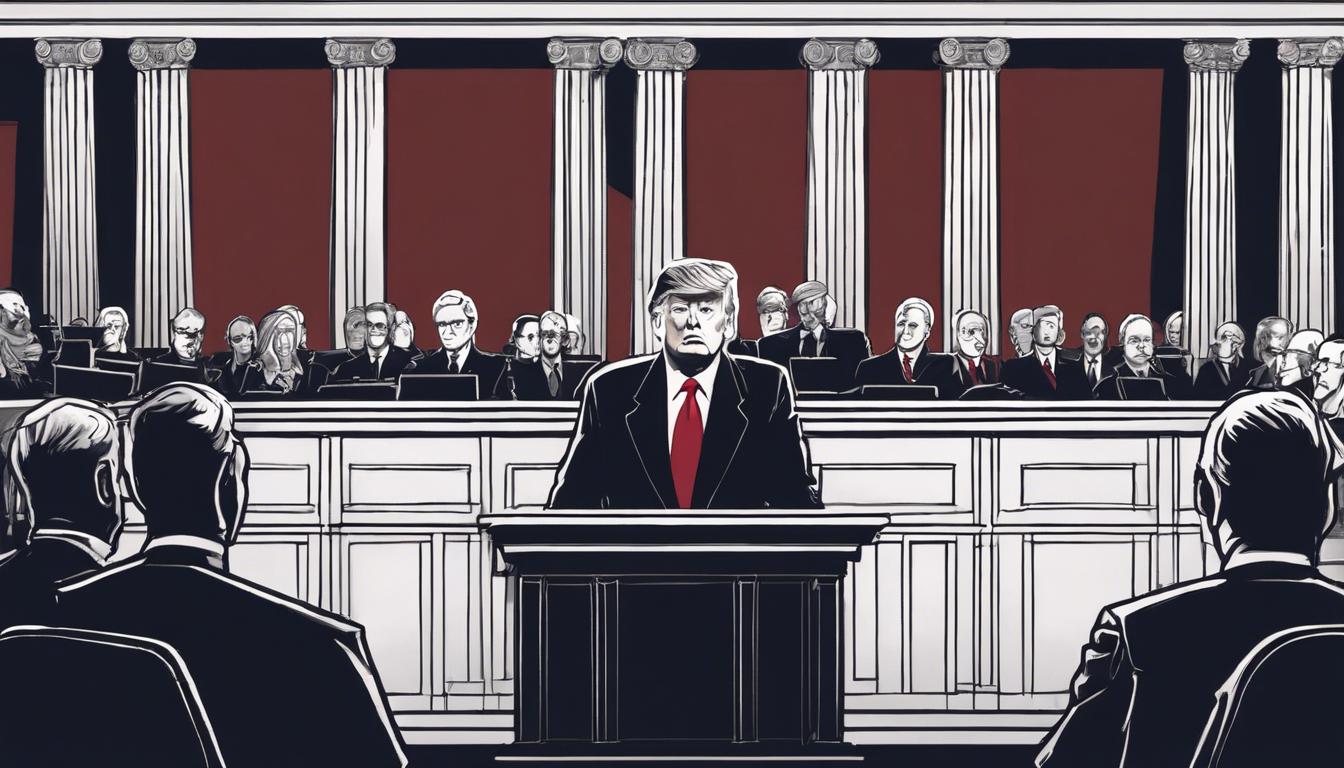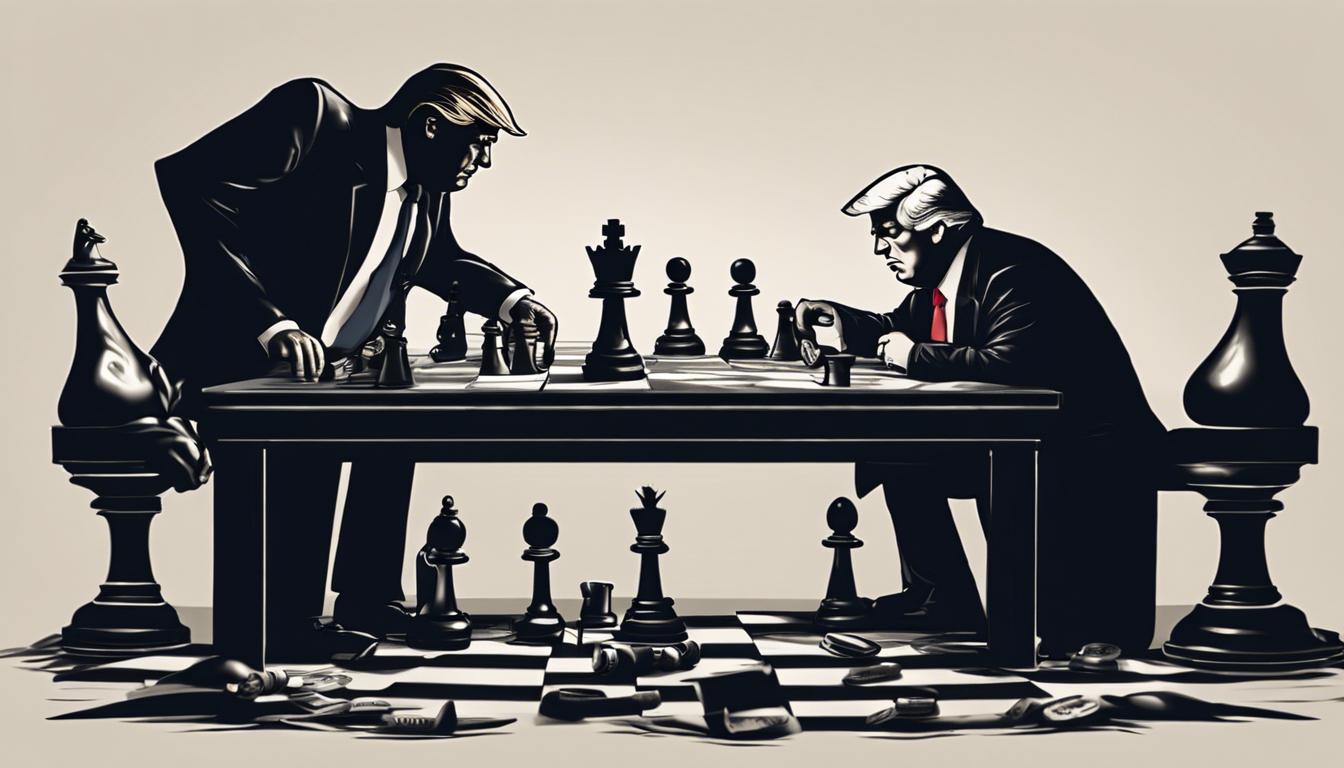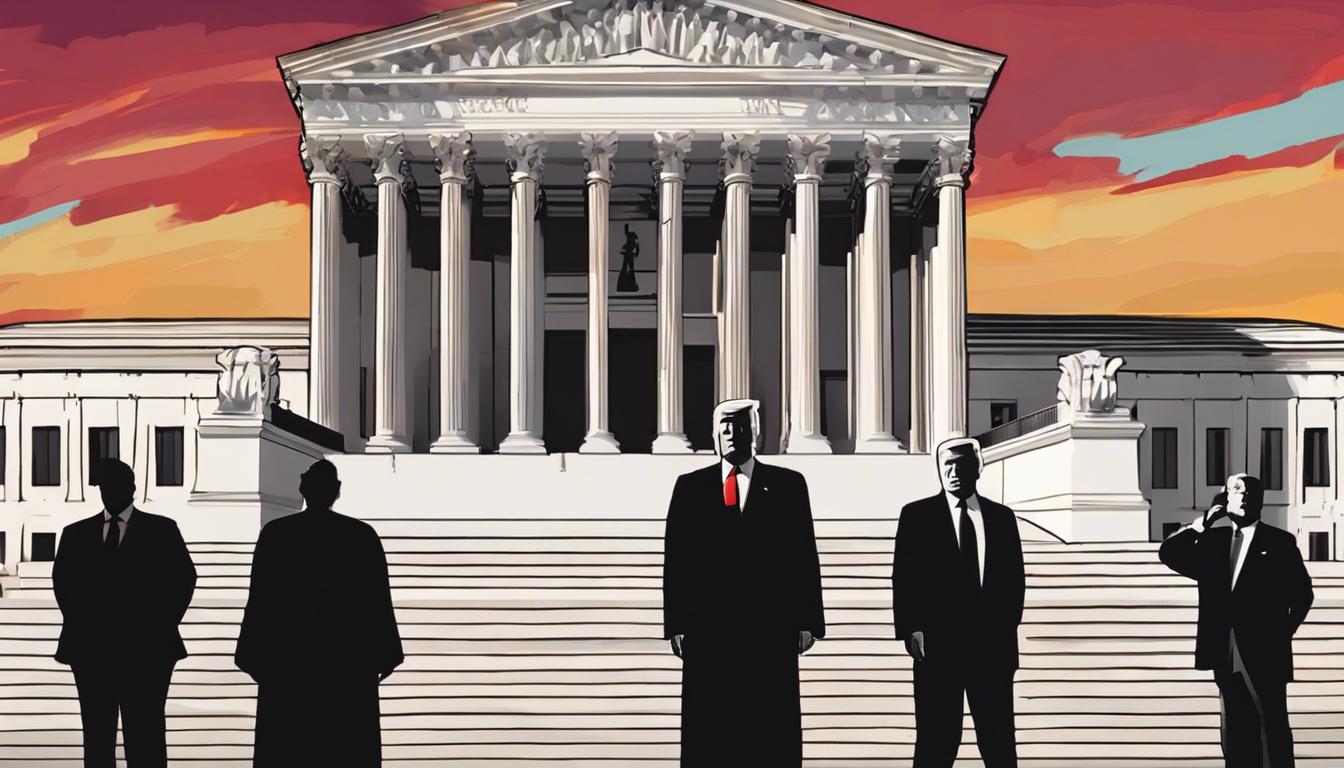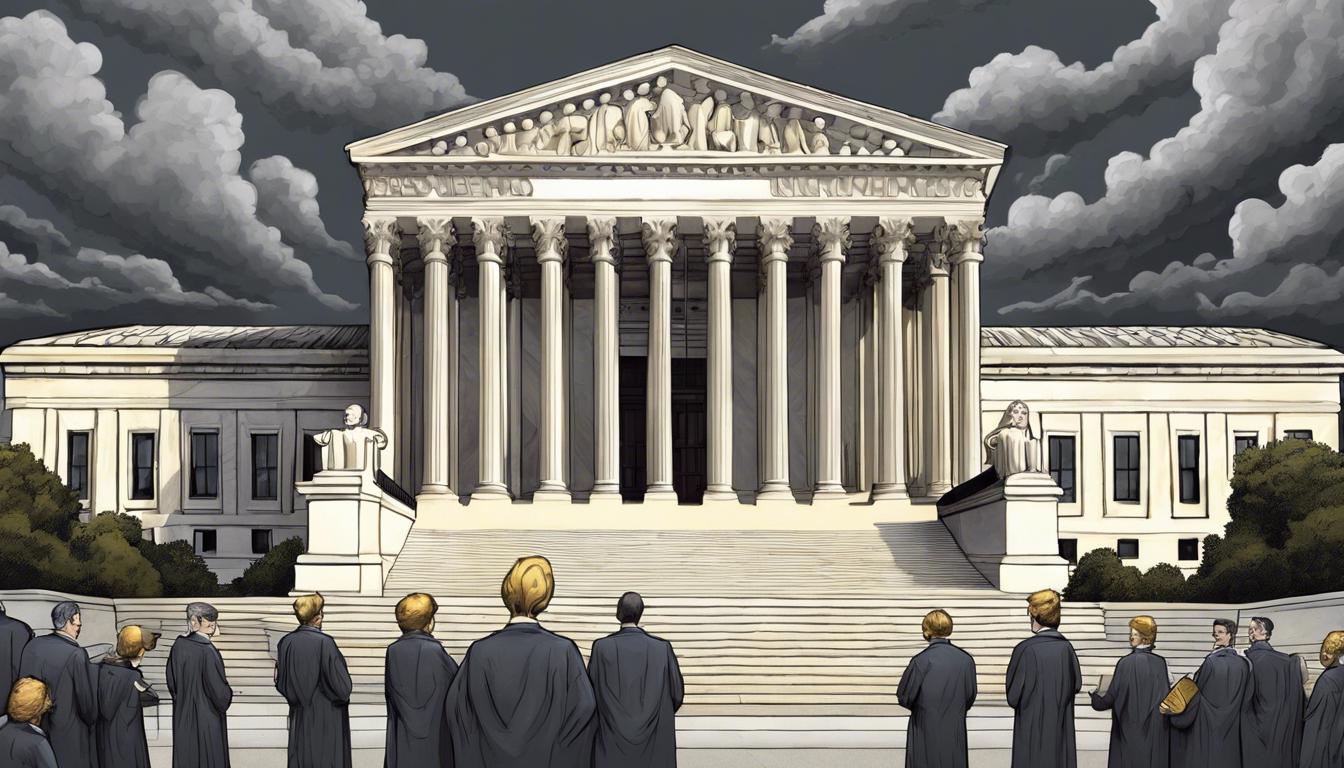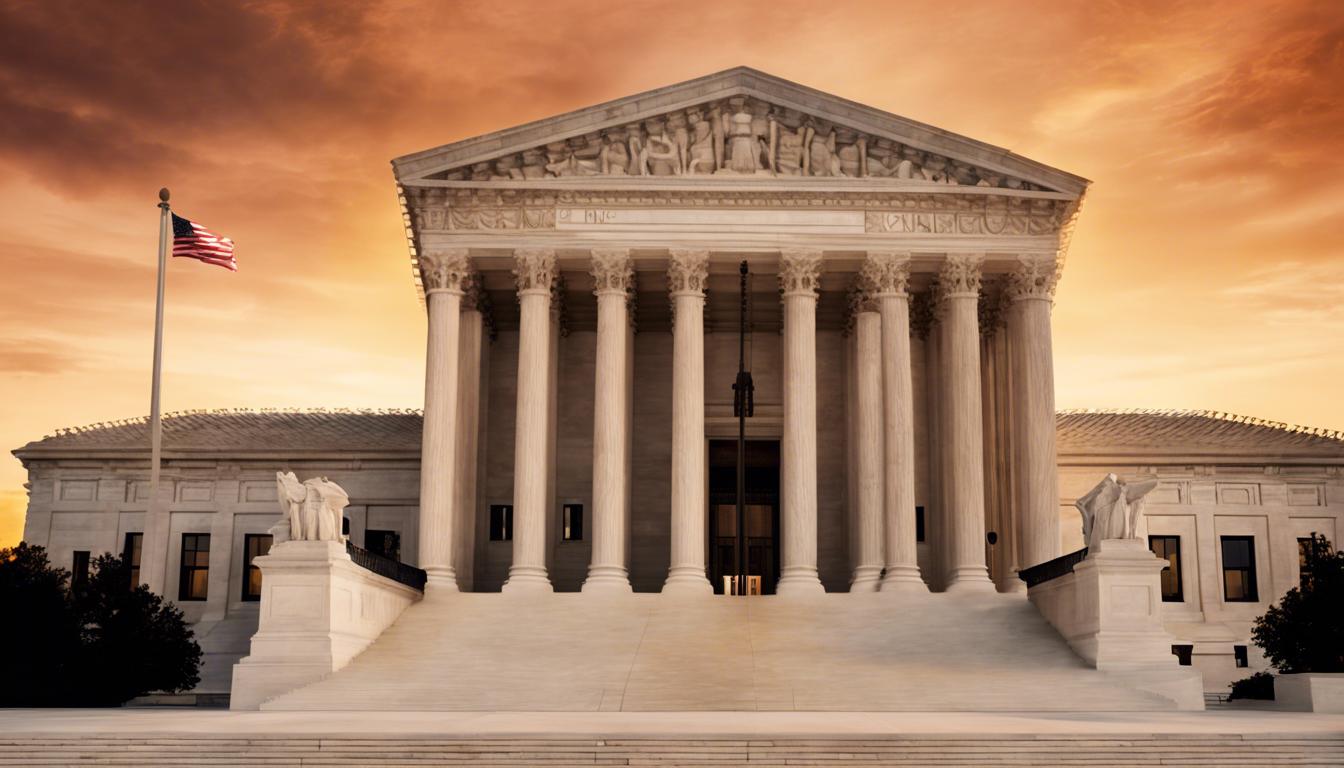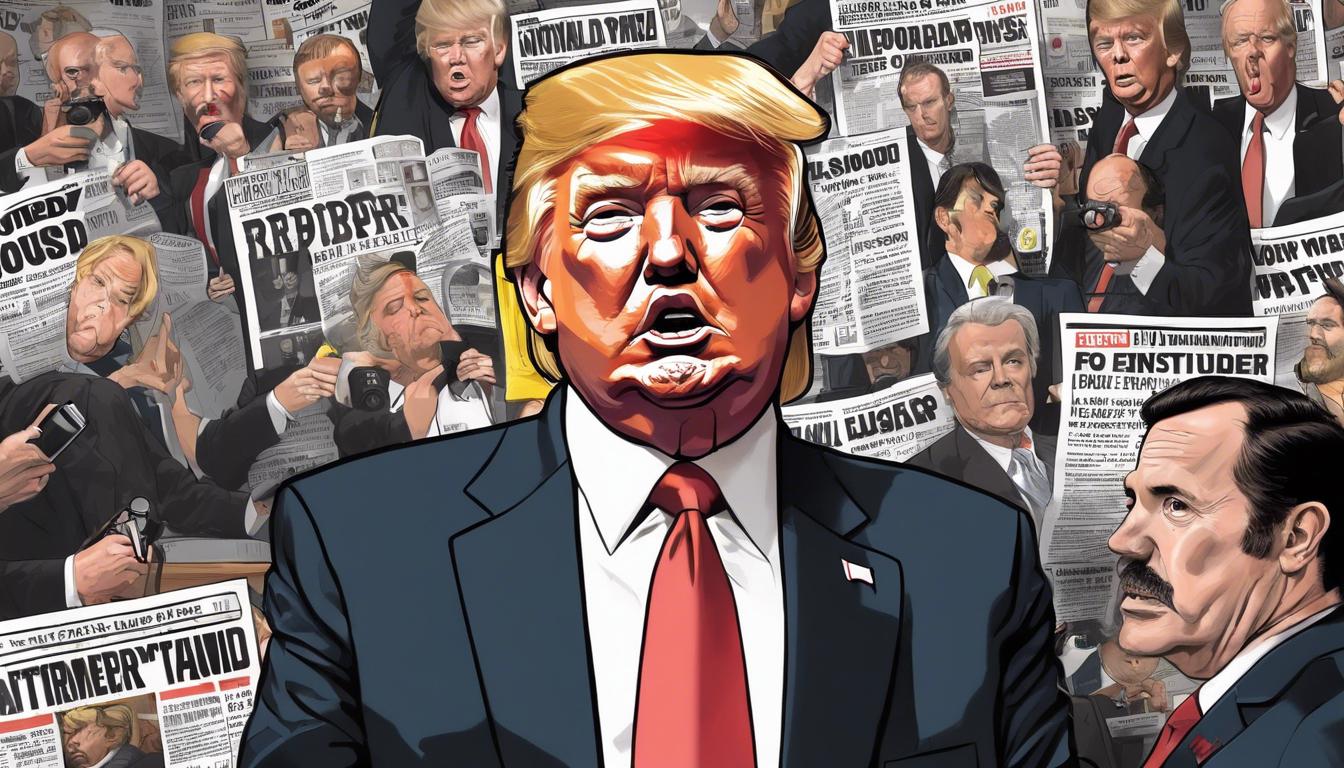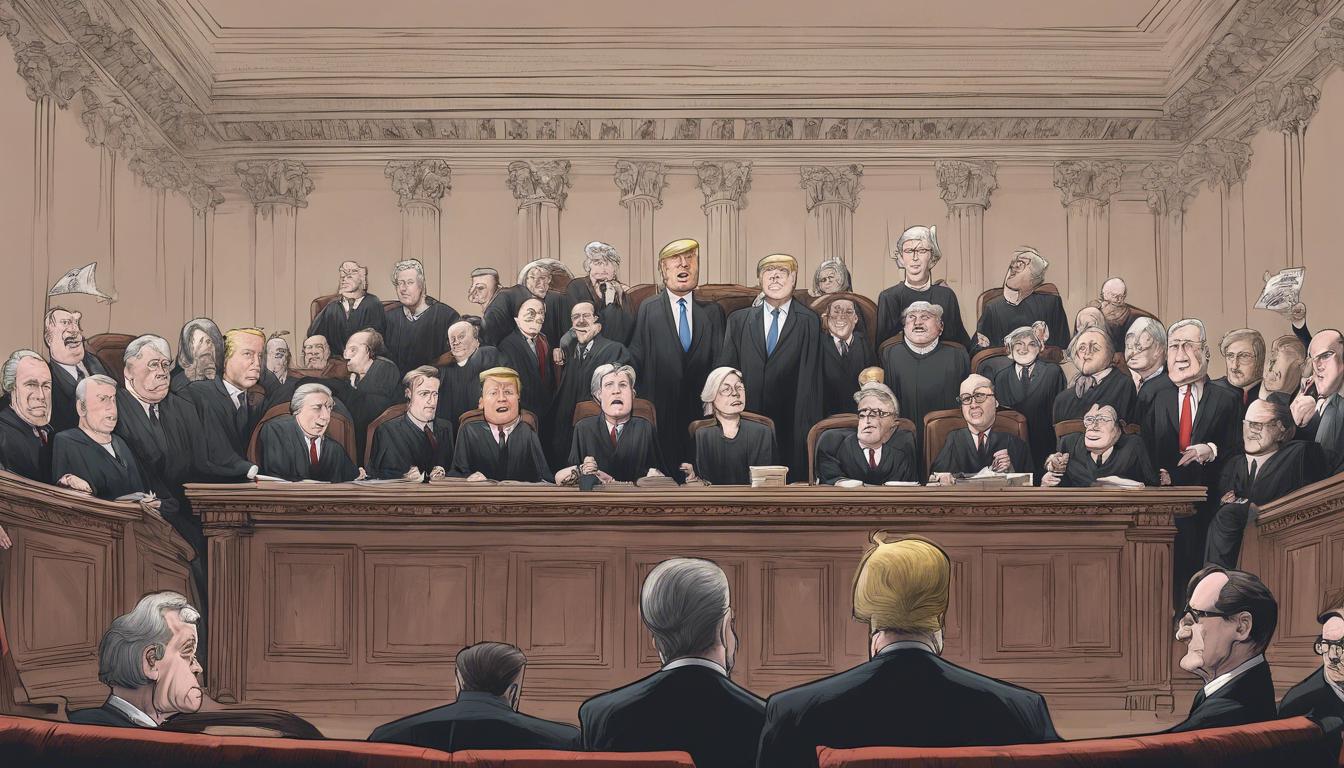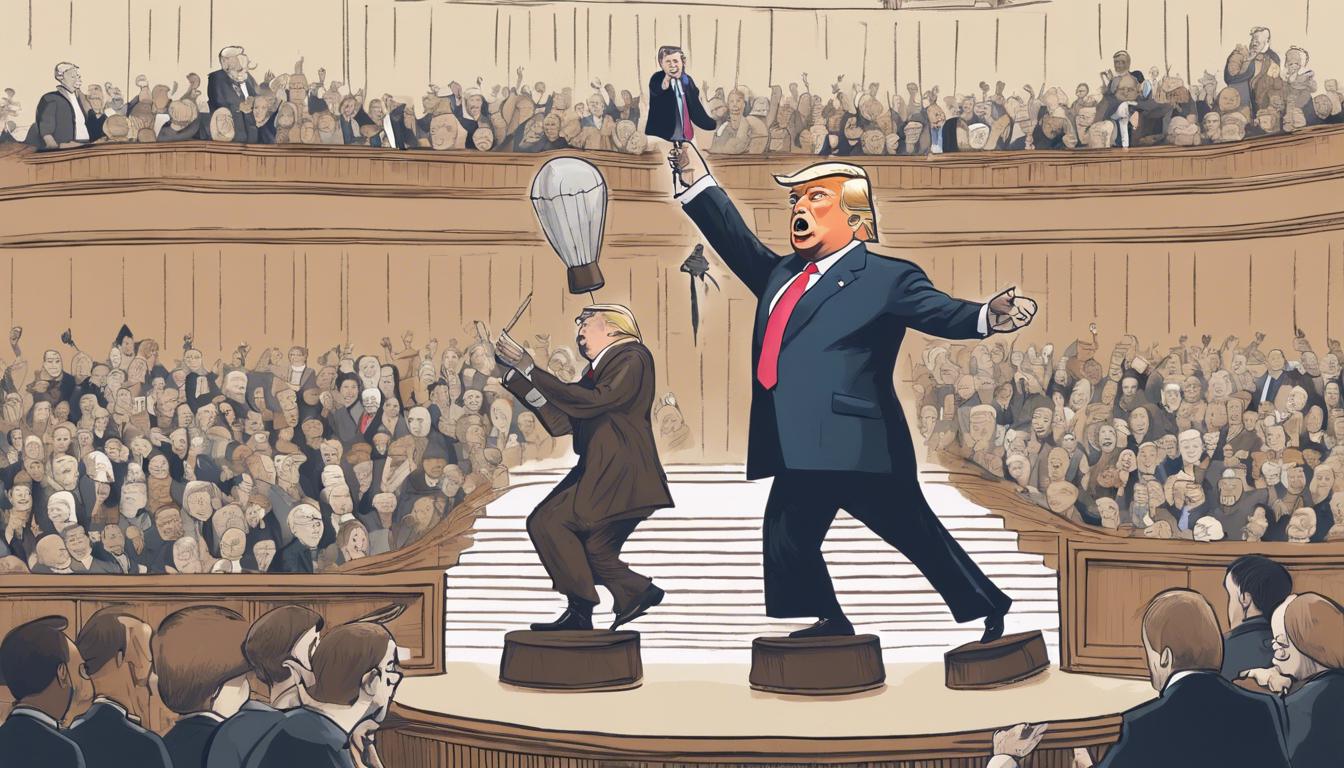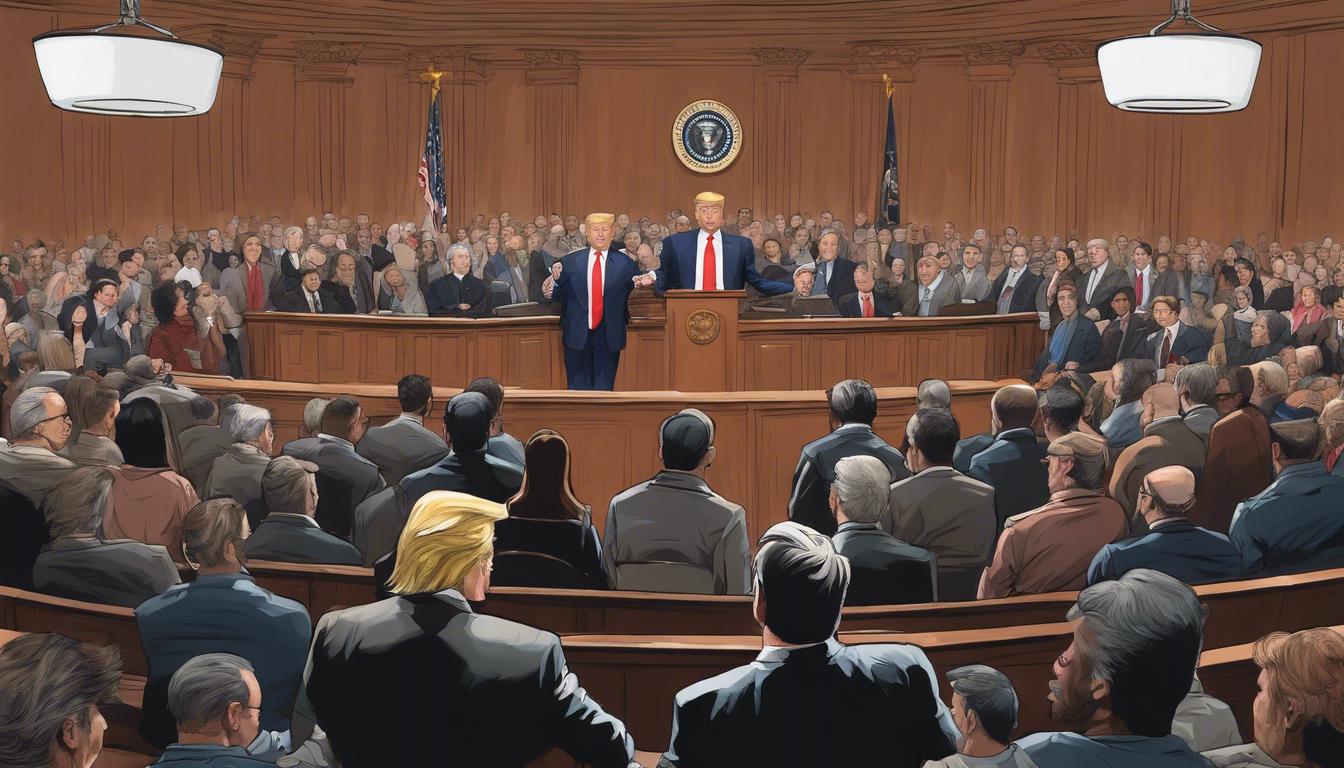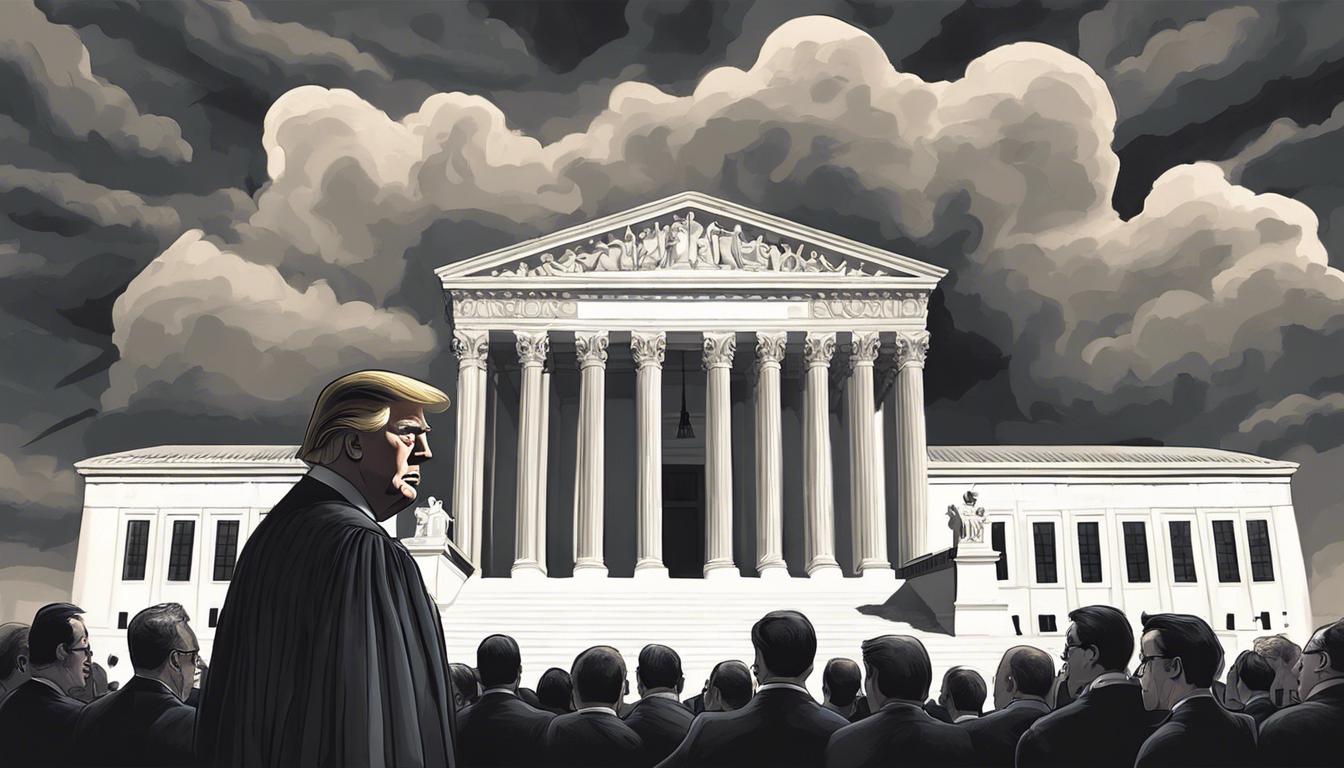The U.S. Supreme Court is currently deliberating the issue of presidential immunity as it relates to former President Donald Trump, who faces charges from his actions surrounding the January 6 Capitol attack. During oral arguments, Trump's lawyers contended that his actions during presidency, including attempts to overturn election results, should be shielded by absolute immunity—a position that raised extensive debate among the justices.
Justice Neil Gorsuch emphasized the necessity for a lasting rule about presidential immunity that isn't directly tied to presidential duties. This discussion comes in light of Trump's unprecedented post-presidential legal battles, where he faces multiple charges that test the limits of executive power and accountability. These include attempts to interfere with the 2020 election results and actions leading up to and on January 6. Trump's legal team argued that even ordering a coup could be considered an official act protected by immunity, a stance that was questioned by justices concerned about the potential of a president being above the law.
The debate extends to the broader implications for future presidents, with justices scrutinizing where the line could be drawn between official actions protected by immunity and those personal in nature. The court’s decision, expected to come in late June or early July, could significantly impact the timeline of Trump's federal trial, potentially delaying it beyond the upcoming November elections, and perhaps redefine the boundaries of presidential actions and their consequent accountability.
Legal experts and the justices themselves have underscored the difficulty in delineating the scope of presidential immunity, pointing out that the constitution does not clearly grant this immunity. The court’s approach seems to narrowly focus on defining what qualifies as an official act, leaving unresolved the broader question of whether or not a president can face criminal prosecution after leaving office.
This ongoing battle not only has implications for Trump but could set substantial legal precedents affecting the interpretation of presidential powers and responsibilities for future administrations.


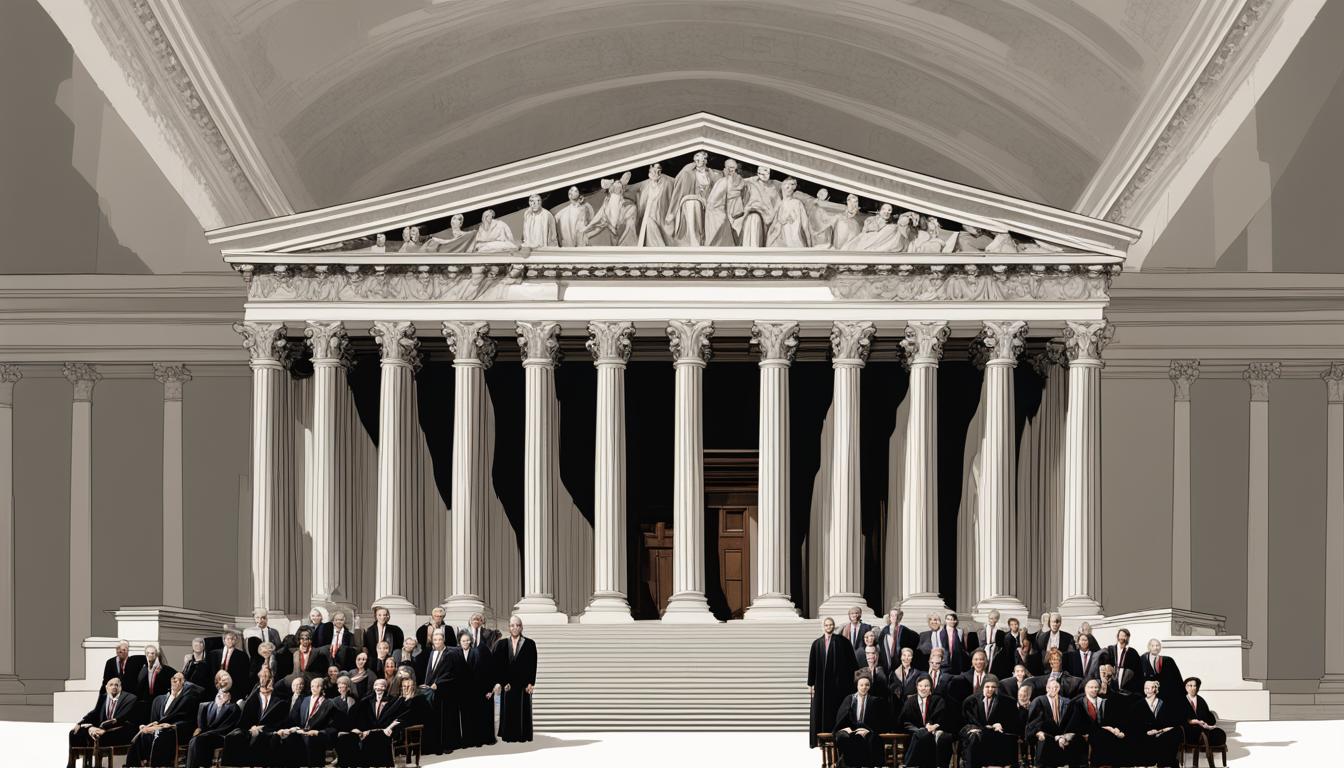
 Noah News
Noah News
